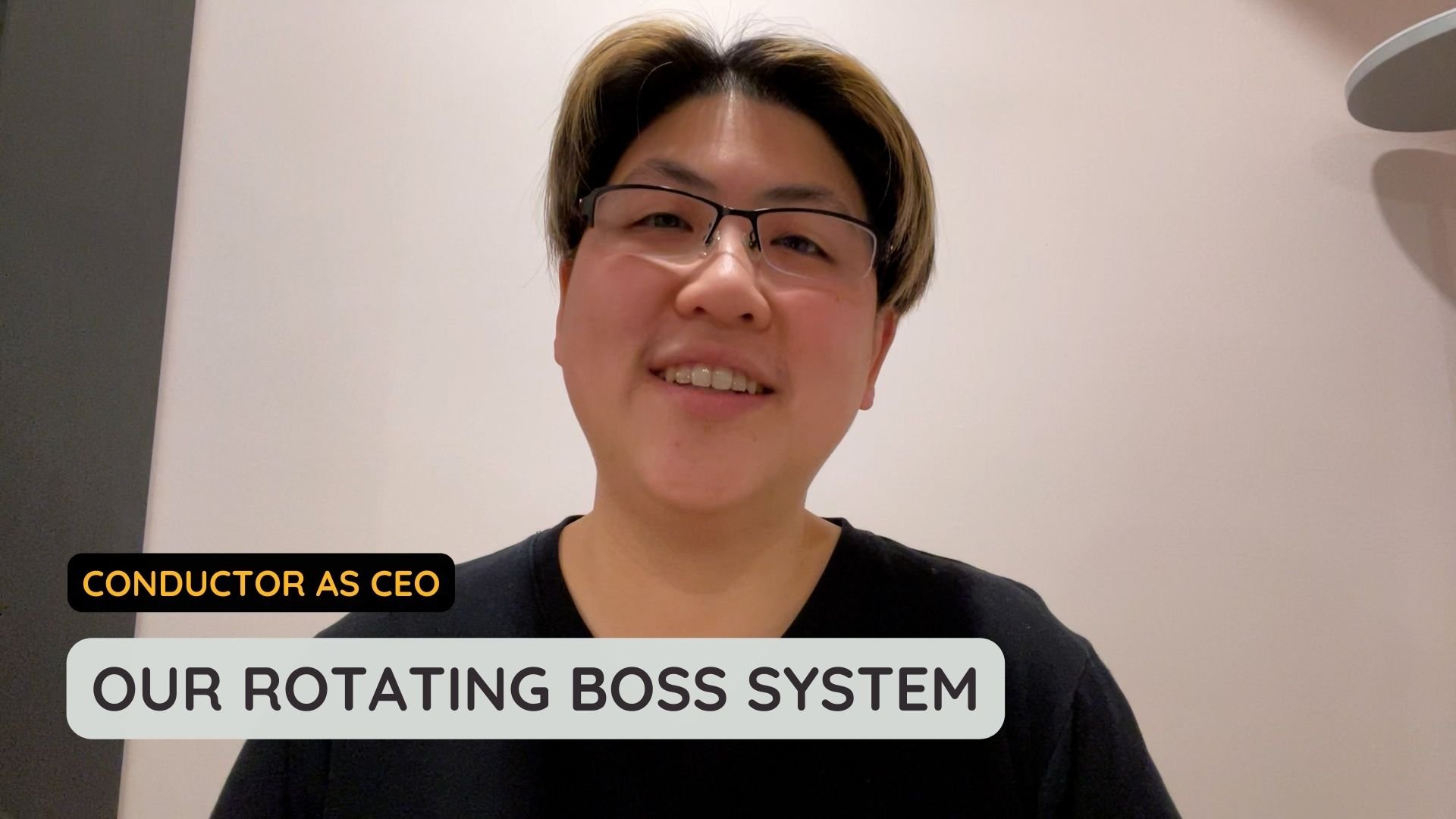All Blog Posts
How our environment leads to burnout
The solution to burnout is not to fix the person experiencing it. It is to fix the system and environment that's causing the burnout. Here are 5 ways to start.
Strike when the iron is cold
"Strike when the iron is cold" means making decisions and setting goals when you're calm and clear-headed. I share an example from my life.
Why we need variety
Ever feel restless in your career? You're not alone. This experience can be because of "habituation." To combat this, we can embrace "dishabituation" by adding variety to our routines.
Other forms of enthusiasm
Boisterous never felt right for me. Nor did it work. I never considered how we may already be abundant with enthusiasm - we just show it in other ways.
The rejection that made me feel so good
Among hundreds of rejections I've received, I share the one that made me feel so good.
Rewarding dissent
It’s important to reward what we value in our workplaces. If we strive to value psychological safety, we must reward dissent. Here are 3 ways to start.
Love at first sight
“Love at first sight” to me is the experience of being seen. The challenge is that it is very difficult to allow ourselves to be truly seen. So, are we being “seen” for fake versions of ourselves? If so, is it still love at first sight?
Do you know why you were hired?
Sometimes we can feel like we need to prove we've earned a job, that we are worthy of it - even when we've clearly just won it. It's almost like being afraid to lose the job even before it's begun, which is ridiculous. Why do we feel this way? My first thought is: We don't know why we got hired.
Short vs. long term thinking
Short-term thinking can fall into 3 kinds: gaining validation, instant gratification, and fear of missing out. Here are ways we may reframe them to steer us toward long term thinking.
How I found meaning
I share my 10-year struggle to find meaning - trying to answer "Why do I do what I do?" Here are the five questions that have helped me dig deeper.
Where confidence comes from
Do you suffer from fluctuating confidence? I do. It's my biggest vice, and I hate it. Here are two ideas about confidence that blew my mind. They both reject something we've all been socialized to believe - proof in results and achievements.
The awareness trifecta
Michael Bungay Stanier says there are 3 ways we can become more aware as leaders. Here's a bit about them and how they apply to conductors, along with questions to ask to evaluate how you're doing in each.
Affiliation vs. belonging
It is so easy for us to mistake affiliation for belonging, using them interchangeably without considering the damage it could cause. One of these side effects is we don't know what belonging actually is or feels like. What does it feel like? And do we care that we feel it?
Be a trustee of time
"A leader's job is to be a trustee of others' time." It's simple and pretty obvious, but painfully transparent when put into those words. Musicians trust leaders with their time. How do we evaluate our responsibility in been entrusted with it?
What is your audition style?
What is your audition style? Anna Papalia's 4 interview styles (the charmer, challenger, examiner, and harmonizer) can help us discover our tendencies in auditions - on both sides of the table.
10 ways we can feel proud
Cal Newport said, "Humans like to have their intentions manifest in the world in a way they are proud." How do we feel proud? What would make us feel proud? I came up with a list of 10 things. And what we can do to create that feeling.
The 5 stages of change
Change can feel like a big deal. It can also feel like change is only real when we take action. What if I told you that there are 5 stages of change - and taking action is actually stage 4 out of 5? Here they are and how they can help us.
You're doing the work
You're doing the work. Not me. I share why *this* is what I hope for you in writing this blog - or any other content I create. In fact, you are amazing for doing the work. And I'm so glad that you're here.
Our rotating boss system
There's a popular saying that people don't quit their jobs; they quit their bosses. This is a curious aspect to explore for the orchestra, where musicians can have a different boss each week as par for the course. Does it do us more harm than good?
Vulnerability is leadership
One of the weird things I secretly do is keep tabs on when people I admire say that they feel defeated. I learned that vulnerability is leadership. Hearing someone say it's hard for them gives me permission to feel OK about it being hard for me.


















